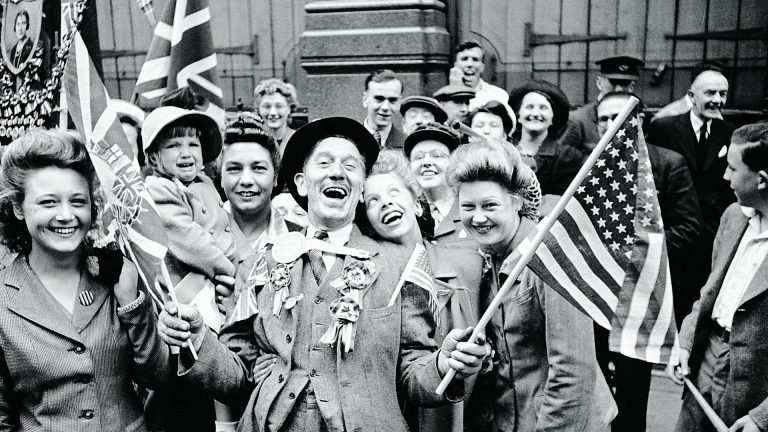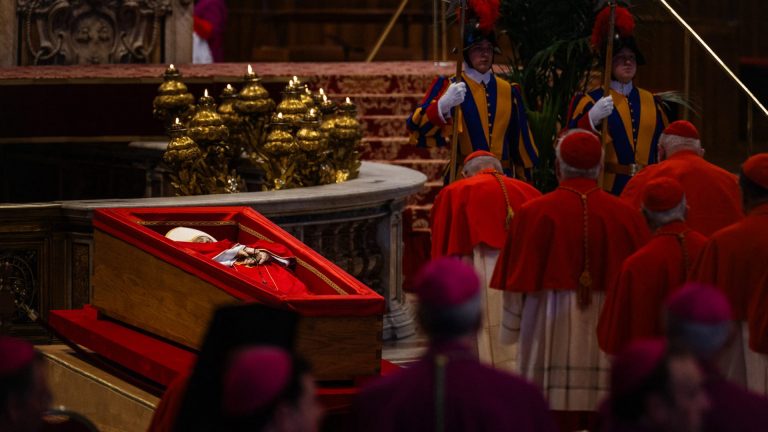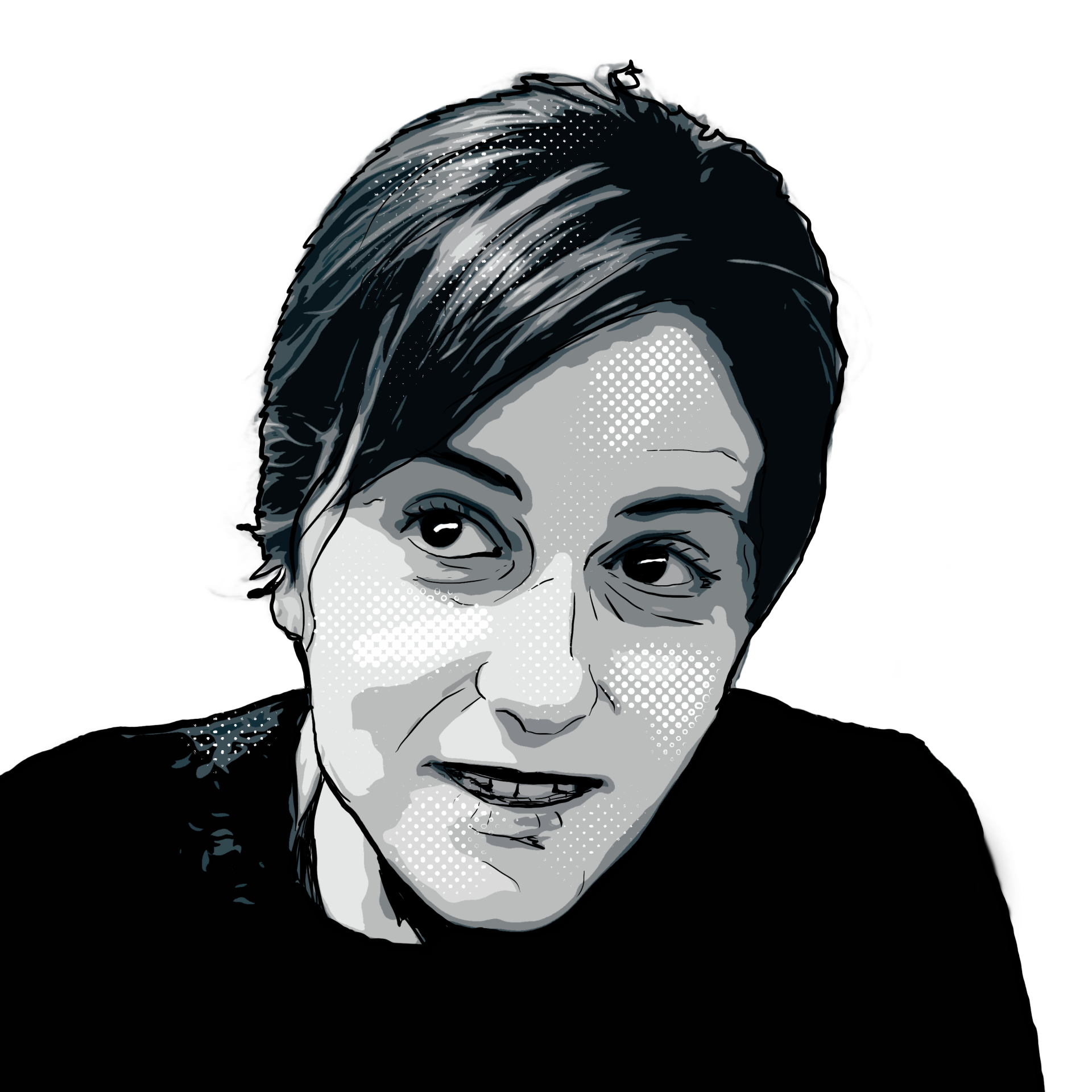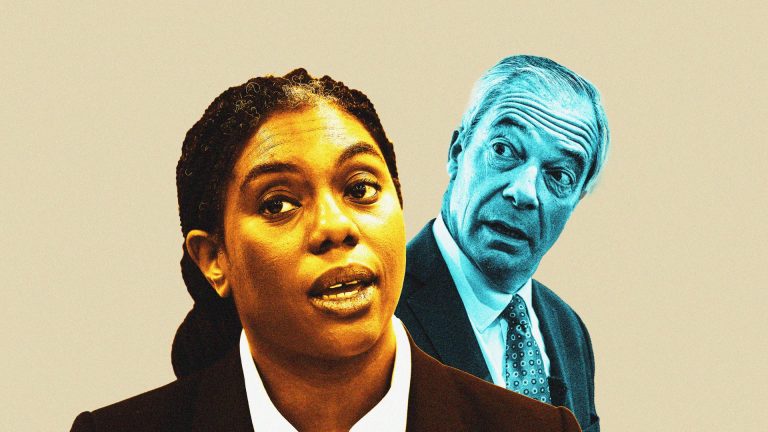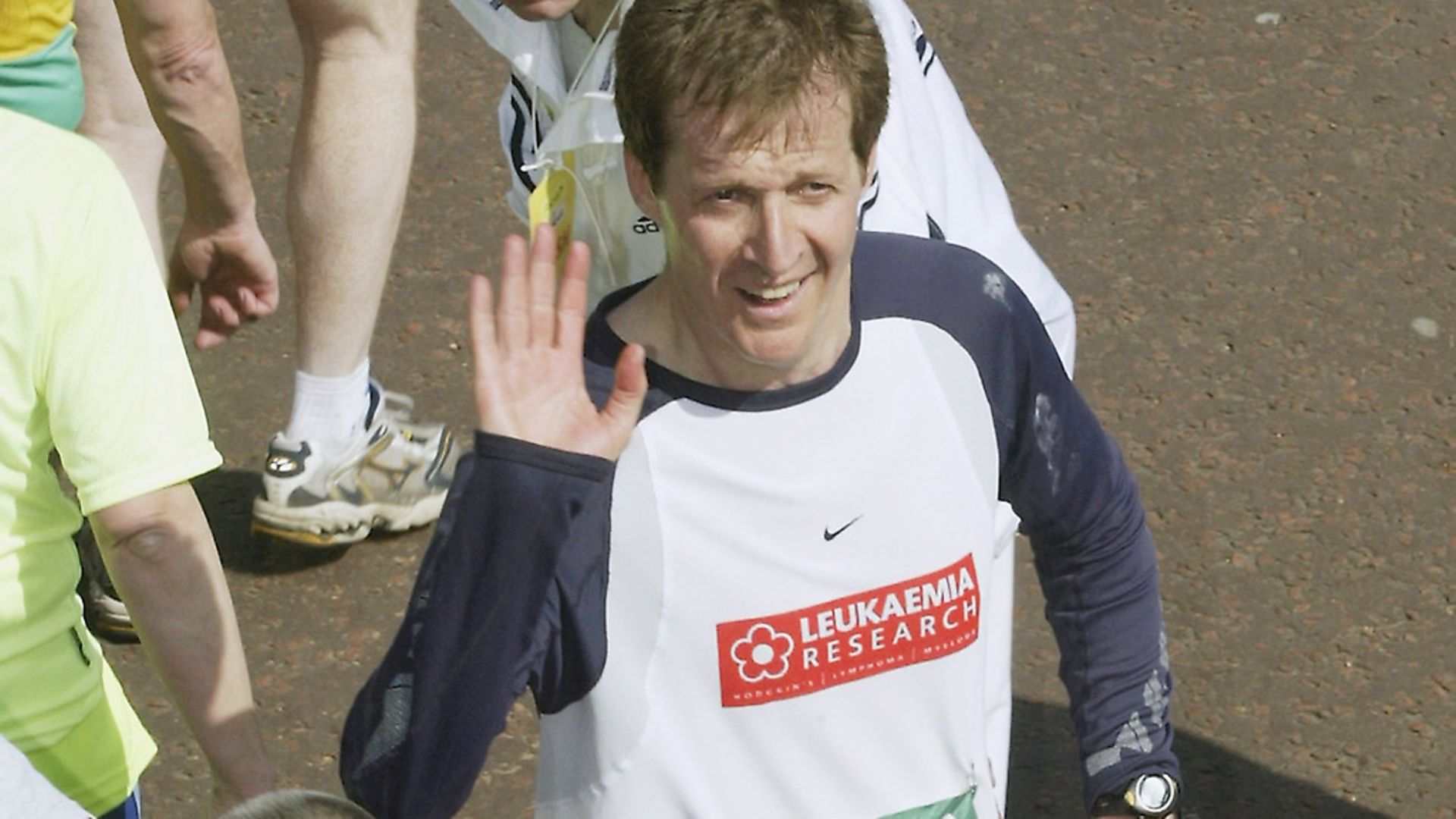
Alastair Campbell discusses playing with Maradona, finishing a marathon in an hour and a half behind Paula Radcliffe and following Burnley around the country.
Some weeks, as the time comes round to write my column, I just can’t face turning my mind yet again to this wretched government and the wretched Boris Johnson. The Covid lies and deathly incompetence. The Brexit fantasies as we hurtle to chaos. A list of new peers for the Lords that look like they have been devised by a satirist chronicling a failed state, not the prime minister of one of the five permanent members of the United Nations Security Council.
I know my colleagues will address all of the above and more elsewhere in the paper. For me, for one week only, welcome to the sports section! Or ‘humanity,’ as I prefer to call it.
Sport has long been an important part of my life, and I was delighted to be asked by Nick Keller to be a guest on his podcast, Life Beyond Sport: format – pick your three most meaningful sporting moments and explain why.
Nick, founder of the Sport Industry Awards and then of Beyond Sport, which develops and rewards sporting projects for social good, decided to do the podcast series to keep busy in lockdown, partly inspired by his love of Desert Island Discs.
At least Desert Island Discs give you eight records you can pick. But three? How much harder must it have been for proper sports people he interviewed, such as Michael Johnson and Tanni Grey-Thompson, with so many great triumphs of their own to choose from, along with all the other moments that shaped their sporting lives.
To show how hard it is, let me just give you some of mine that did not make the cut. Running with Seb Coe. Running with Ethiopia’s greatest Haile Gebrselassie. Running with Kenya’s Paul Tergat in the mountains above Addis Ababa. Beating Brendan Foster by milliseconds the next day in the Great Ethiopian Run. Beating Team Sky founder Dave Brailsford on a bike descent down Mont Ventoux (no need to mention the climb). Hitting Pakistani fast bowler Wasim Akram for four, one bounce over the boundary, in a charity cricket match. Meeting Muhammad Ali. Hanging out with Usain Bolt in Jamaica. Being in Athens for Kelly Holmes’ second gold.
London 2012 provided a whole hatful of moments. Then there was my time on the management team for the British and Irish Lions tour of New Zealand in 2005. There were all the people I interviewed for my book Winners, Floyd Mayweather, Lance Armstrong, Michael Phelps, Jose Mourinho, baseball legend Joe Torre, Aussie rules legend Leigh Matthews, wonder surfer Layne Beachley. There was my favourite Tony Blair photo-call, when he and Kevin Keegan played head tennis, Keegan having assured me he would make TB look good by landing the ball on his head every time.
And there’s playing with Diego Maradona and Pele. I do not allow a single day to pass without mentioning that, aged 49, I played in the first ever Soccer Aid alongside Maradona. One of the best days of my life. But even Diego doesn’t make my top three.
Burnley FC had to get at least one. I have seen Burnley play at almost every ground in the country, evidence of our decline from the top of the league, reigning champions when I first saw them aged four in 1961, to the very bottom of the fourth division, one game away from ejection from the league, a quarter of a century later. There are so many great Burnley games I could have chosen. Beating Celtic en route to winning the Anglo-Scottish Cup when it was a thing. Winning 4-1 at Don Revie’s ‘dirty Leeds’. A 4-1 League Cup win at Tottenham when we were in the third division. Our two promotions to the Premier League. Our recent exploits in Europe.
But when it came to it, for my Number 1 moment, I went for that game we needed to win to stay in the league. Crowds had fallen into the low thousands. On May 9, 1987, Turf Moor was near full once more for what is now known to Burnley fans everywhere simply as ‘the Orient game’. The 2-1 win against Leyton Orient is what kept the club alive and, more than that, made the community realise just how close we had come to losing something so precious.
All of the great moments, all of the ups and downs, the friendships since with fans, managers, players not even born when that game was played… none of them would ever have happened if we had lost that day. It’s the same attitude we have to take to June 23, 2016, ladies and gentlemen (apologies to those enjoying a rare politics-free zone.)
Nick Keller, in our interview, also made an observation that was blindingly obvious but which had never struck me before. That win came a few months after I had had a nervous breakdown, and a few months before our first son Rory was born. Your own personal renewal, Keller pointed out, was taking place alongside Burnley’s. I like that.
My second moment was a very personal one; running the London Marathon in 2003. It was a difficult time personally, as Iraq, and the lead-up to war, was dominating my and the country’s political life, added to which things were difficult at home, because my partner Fiona had been trying to get me to quit my job, her hostility to our Iraq policy accelerating the pressure. The training for the marathon frankly played a big role in keeping me sane at the time. Seventeen years on, I no longer get that same physical and mental release from running – these days it just hurts – but back then I could run for miles and not even remember afterwards where I had been. Then the post-run burn. Bliss.
The day itself, on which Paula Radcliffe was successfully targeting a world record, was mild but sunny, perfect for running. Because of the Iraq issue, and a few threats, I had a Special Branch officer from Number 10 at the start-line with me, but I left him trailing at five miles (a proud moment, and I never let him forget it). By Tower Bridge, I was sure I was going to get there well under my target of four hours, and I felt able to relax. Then, close to Big Ben, I started to feel incredibly emotional. I was running for Blood Cancer UK because my best friend, John Merritt, and his daughter Ellie, had both died from leukaemia. I raised what at the time was the second biggest individual sponsorship ever, well over half a million pounds. As I turned right off the Embankment, I could feel tears welling up, and decided to cry hard, in the hope I wouldn’t be doing so by the time I got into the final straight, when I knew Brendan Foster would be picking me out for the BBC live commentary.
I crossed the line in 3 hours 53 minutes and one second, and it was one of the greatest feelings of my life, undiminished by finishing more than an hour and a half behind Paula Radcliffe, or the fact I could not walk up stairs the next day.
My third choice is the only one that might be deemed political, in that it relates to the decision of the Blair government to bid for the Olympic Games in London in 2012. The specific memory is of a white folder with a big Team GB logo on the front, which landed on my desk in Downing Street one Friday morning. It was a collection of typed and handwritten letters from dozens of sportsmen and women urging Tony Blair to back the bid for the games.
Tony’s instincts had always been to do so, but the pressures against were pretty big. A secret ballot of the cabinet would probably have revealed a majority for no. I put the folder into the box we had for his weekend reading, with a short note, simply saying ‘you should take a look at this’.
I am not saying it was the deciding factor, but at a time when he was looking for reasons to go for it, that file helped. When the cabinet next met to discuss it, they could tell his mode on the issue had changed. We went for it, to the shock of many in the media, who in the main then covered the issue to the soundtrack of ‘Paris will win’. We beat Paris, and landed the games. Seven years of hard work were set in train, and though by 2012 we were out of power, the two weeks of the Olympics and two more for the Paralympics were a wonderful time to be alive, and to be British. The nation felt as united as I can recall it, as happy too, and the image projected to the world was one of a country that was competent, confident, at ease with itself.
I guess that requires me to mention the name I bad been hoping to avoid, the wretch that is Boris Johnson. As London mayor he played a blinder in taking credit for the hard work of others. Yet within eight years, thanks to his Brexit, his populism, his debasing of standards in public life, he has done more than anyone to destroy that Olympic spirit that felt so good at the time.
Share your three great sporting memories. Write to letters@theneweuropean.co.uk




